Indo German Business Culture – a field report by Abhinav Barnval

Even though I had been to Europe quite a few times during my stint as a Merchant Navy Officer, the decision to come to Germany wasn’t easy as it happened at a crucial time when I was planning a major career change and wasn’t sure if I would be able to fit in to the German culture, from both professional and social standpoint. This dilemma basically originated from the preconceived image which Germany has outside when it comes to social and business culture; but in hindsight I must say that not all those notions were right and I have learnt a great deal post my decision.
In last 5 years, I have been lucky enough to be exposed to multitudinous cultures within the companies I directly or indirectly worked for – American, corporate German, mid-size (MIttelstand) German or German business culture transitioning towards American one. This has not only bestowed me with a sense of global understanding when it comes to cultural differences at work place but has also shaped my ability to work with peers with different backgrounds. Although stereotyping a business culture is mostly not right as it really depends a lot on company culture, mix of people, location etc., but based on my professional experience till date, I will list a few notable differences between India and Germany.
Leadership & motivation
Leadership style in Germany is more dominant-warm or collaborative and easy going than Dominant-hostile or autocratic as we have in India. There is less micro management & more independence which stems out of high level of trust and makes the working environment much more relaxed. Indian work culture is much closer to American one when it comes to performance incentives – based on perks, promotions, competition, coercing etc, but in Germany, especially in MIttelstand, there is also a sense of belonging to the companies which adds onto the motivation.
Meeting deadlines
It’s a myth that deadlines are always met in German companies because of excellent efficiency – the reality, however, is that the deadlines are mostly set up very realistically. This also comes from the fact that it’s considered ok to say “No” to your superiors because you don’t see the possibility of completing a job in a given timeframe, whereas in India people say yes even to some impossible deadlines and later falter. Delays are still however an integral part of projects in Germany as much as anywhere else in the world.
Planning & Processes
In Germany, more emphasis is given on planning rather than execution which results into an efficient and robust process but with less agility. Whereas in India managers tend to move to execution part early and are open to improvisations, in between, to achieve results. This also relates to the inherent fact that Germans tend to be less flexible than Indians, especially in situations when things don’t go as planned.
“I/me/you” vs. “We/Us’’ culture
In German companies, people don’t generally hide information or take credit for someone else’s work for personal benefits and don’t usually finger point someone as an escape goat, unless we are talking about big MNC’s. In India, however the competitive landscape that has been created inside the companies drives individual behavior in the opposite direction. The collaborative work culture works much better in Germany than in India where the flow of communication isn’t as fluid as in Germany. Upper management level is much more open and closer to the lower management level.
Work life balance
This is one point in my opinion where Germany (and most European countries) wins hands down over India. Much emphasis is given to personal life as well and it’s a very common sight to see people leaving the office after 5 pm on workdays or even after 3 pm on Fridays. The “I can’t leave before my boss” culture is almost nonexistent here and emphasis is given on finishing your job within stipulated working hours rather than spending long hours in office.
Structures
German Companies tend to have very flat hierarchies and an employee, even though good at his/her work, can spend years in the same position. However in India It’s common to find creative positions with fancy titles being created to satisfy personal egos as success is mostly associated to job titles, education level, and salaries. These aspects take a back seat in Germany because the idea and acceptance of socialism is stronger over capitalism.
Hard working?
Germans are usually perceived to be hard workers as compared to Indians. It’s not completely true. The reality however is that Germans are more efficient at work because of the focused and diligent approach during work hours. Coffee or smoking breaks exists but are not abused. There is generally no ‘’dangling around the colleague’s desk’’ unless it’s for work related discussions.
Before I conclude, I must say that the first and foremost thing which is important to integrate into new culture is to adapt and be open to new ideas and notions which might be very different or sometimes even opposite to yours. My first advice to an Indian (or any immigrant in Germany) going for initial job interview or to a job is – make your team feel like you are one person with whom they would feel comfortable and gladly have a coffee by the coffee machine with some nice & clear conversation and probably some gossips as well (Yes, office gossips and politics exist in Germany as well, though probably not at the same level as in India!) , and rest all will fall into place if you are a fit and deserve the job.
Author: Abhinav Barnwal
Picture: pixabay
Episode 09: The Wisdom Workshop Interview with Shamika Mone
Shamika Mone entrpreneur, treasurer of the Organic Farming Association India (OFAI) as well as the President of the Intercontinental Network of Organic Farmer’s Organisation (INOFO) sees herself as the voice of the farmers on local, national and international level. We speak with her about why organic farming and biodiversity have a positive impact on climate and can fight climate change and which roles shall women in leadership positions play today and in future.
Episode 08: The Wisdom Workshop – Chapter 3 “Where to find abundance?”
“When you realize there is nothing lacking, the whole world belongs to you” -Lao Tzu-
We are trained to stick to the materialistic world. We believe that abundance come from external factors. We know from so many rich people that they are not fulfilled, though they bought their 6th sports car, their 50th hand bag, their 232nd pair of shoes and so on. Or also having achieved to open the 6th well running business, because if not, you would miss something. What is the thriver? And where to find abundance? Listen and watch to our conversation!
Watch us on following link: https://youtu.be/1sA0E5cfeyk
Episode 07: The Wisdom Workshop Chapter 2 “Attachment” (English)
The materialistic world depicts our limits. What we mean by that and in which context does the term ”Manas” (Intellect) stand here? How to distinguish this from “Buddhi”, which is the “Inner Intelligence”? Listen to our conversation (Julia Hayden and me)
Following link directs you to my Youtube Channel, where you can also watch our conversation:
https://youtu.be/DeOY5r8m3fI
Episode 06: The Wisdom Workshop – Chapter 1 “The Controller”
Why do we need a paradigm shift especially regarding the topic “Leadership”? And why are external matters equal important as internal matters? Which aspects of our being do play an important role and which influence do they have on the Individual on the collective nad onthe entire planet? About this and many others I pseak with my dear friend Julia Hayden.
Episode 05: Wisdom Workshop Chapter 00 Introduction
Julia Hayden and I are exchanging thoughts on how to implement change in today’s world. In this introductory Episode on “Merging Eastern and Western wisdoms” we explain our motivation for this series and ponder on different aspects of paradigm shifts by including the perspective of Gaia and ancient wisdoms.

